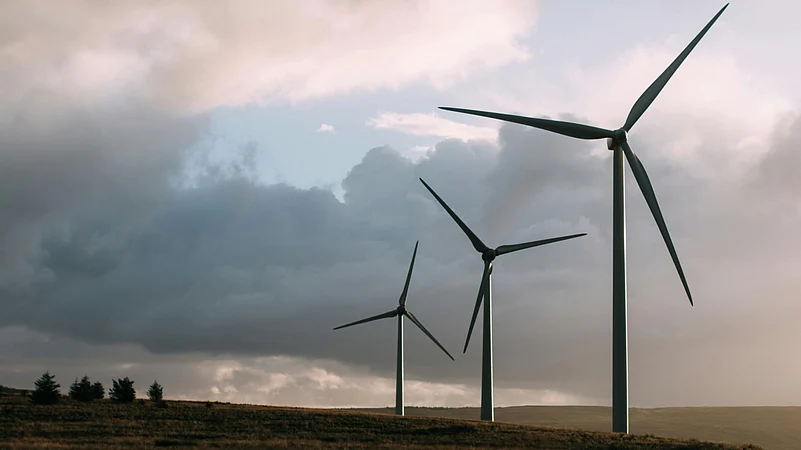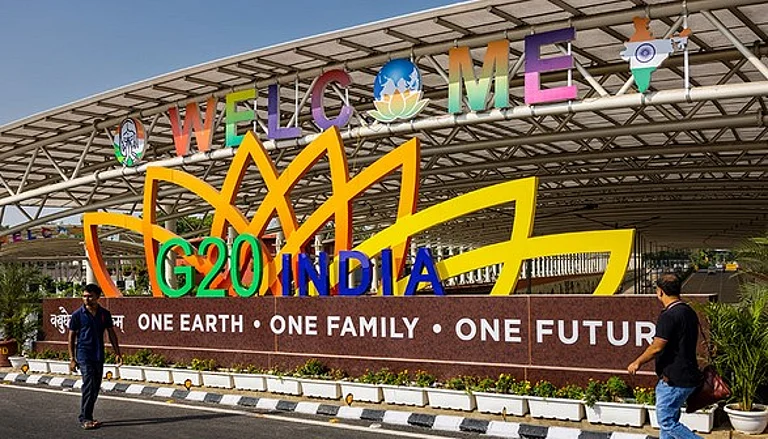India is on the way to exceed its Nationally Determined Contributions (NDCs) target of reducing the emissions intensity of its GDP by 45% by 2030 as compared to 2005 levels, according to Council on Energy, Environment and Water (CEEW) and Alliance for an Energy Efficient Economy (AEEE).
The report also projected that India's energy sector emission intensity could decrease by 48-57% by 2030 as compared to 2005 levels.
However, achieving the 2070 net zero target (balancing emissions with removals) will require additional policy interventions, centred around carbon pricing, along with power pricing reforms, fiscal support for clean technologies, enhanced energy efficiency and behaviour change initiatives.
The report, published in the journal Energy and Climate Change, suggested that India's 2035 NDC targets could include reducing emissions intensity of GDP between 55 and 66% relative to 2005 (with most scenarios indicating a 56% reduction) and increasing the non-fossil fuel share in installed power capacity to 60-68%.
As per its updated Nationally Determined Contributions (NDCs) or national climate plans submitted to the UNFCCC in August 2022, India intends to reduce emissions intensity of its GDP by 45% from the 2005 level and achieve 50% cumulative electric installed capacity from non-fossil fuel-based energy resources by 2030, stated the Ministry of Environment, Forest and Climate Change.
Vaibhav Chaturvedi, Senior Fellow, CEEW, said, "Since the Paris Agreement, India has demonstrated climate leadership on several fronts. It has also proven that growth and emissions reduction can happen together."
"This paper reaffirms that with decisive reforms — across electricity pricing, industrial planning, nuclear electricity, lifestyle change and urban mobility— India can significantly bend its emissions curve towards net zero," Chaturvedi added.
Urgency in Climate Action
Emphasising the importance of timely submission of updated NDCs under the Paris Agreement, UN Climate chief Simon Stiell underscored on May 23 that clear and strong climate policies are an antidote to economic uncertainty.
While addressing the 2025 Nature Summit in Panama City, Stiell added, “Every country wants to take advantage of a $2 trillion clean energy market. And, while competition is a good thing, now is not the time for zero-sum thinking. We need to work together to ensure that everyone benefits. That new markets open and new trade routes form.”
Most countries, including India have missed the February 10 deadline and are expected to submit their plans by September this year.





























